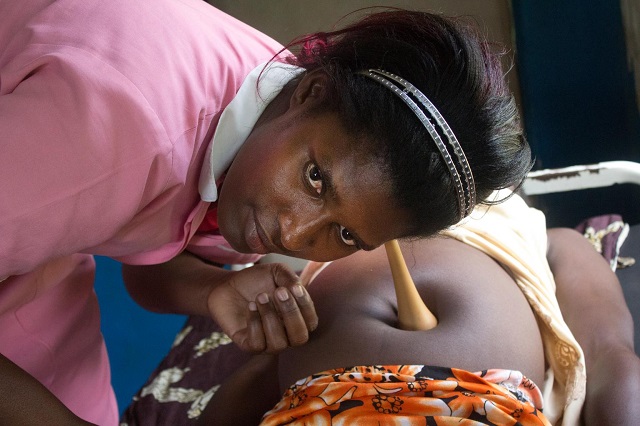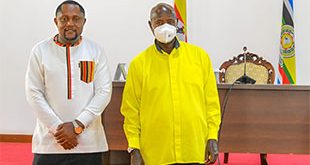
New York, US | THE INDEPENDENT | Maternal health setbacks in many parts of the world have contributed to the worrying finding that a woman dies during pregnancy or childbirth every two minutes, according to the latest estimates released in a report by United Nations (UN) agencies on Thursday.
The report titled, ‘Trends in maternal mortality’, reveals alarming setbacks for women’s health over recent years, as maternal deaths either increased or stagnated in nearly all regions of the world. It shows that often, deaths are caused by severe bleeding, high blood pressure, pregnancy-related infections, complications from unsafe abortion, and underlying conditions that can be aggravated by pregnancy, such as HIV/AIDS and malaria.
The report cautions that unless progress is made on global targets for reducing maternal deaths – most of which are preventable – the lives of over one million more women by 2030 could be at risk.
“While pregnancy should be a time of immense hope and a positive experience for all women, it is tragically still a shockingly dangerous experience for millions around the world who lack access to high quality, respectful health care,” said Dr Tedros Adhanom Ghebreyesus, Director-General of the World Health Organization (WHO) in a statement released alongside the report.
The report, which tracks maternal deaths nationally, regionally and globally from 2000 to 2020, shows there were an estimated 287,000 maternal deaths worldwide in 2020. This marks only a slight decrease from 309,000 in 2016 when the Sustainable Development Goals (SDGs) came into effect. While the report presents some significant progress in reducing maternal deaths between 2000 and 2015, gains largely stalled, or in some cases even reversed, after this point.
“For millions of families, the miracle of childbirth is marred by the tragedy of maternal deaths,” said UNICEF Executive Director Catherine Russell. “No mother should have to fear for her life while bringing a baby into the world, especially when the knowledge and tools to treat common complications exist. Equity in healthcare gives every mother, no matter who they are or where they are, a fair chance at a safe delivery and a healthy future with their family.”
In total numbers, maternal deaths continue to be largely concentrated in the poorest parts of the world and in countries affected by conflict. In 2020, about 70 per cent of all maternal deaths were in sub-Saharan Africa. In nine countries facing severe humanitarian crises, maternal mortality rates were more than double the world average representing 551 maternal deaths per 100 000 live births, compared to 223 globally.
“This report provides yet another stark reminder of the urgent need to double down on our commitment to women and adolescent health,” said Juan Pablo Uribe, Global Director for Health, Nutrition and Population at the World Bank, and Director of the Global Financing Facility.
“With immediate action, more investments in primary health care and stronger, more resilient health systems, we can save lives, improve health and well-being, and advance the rights of and opportunities for women and adolescents.”
Community-centred primary health care can meet the needs of women, children and adolescents and enable equitable access to critical services such as assisted births and pre-and postnatal care, childhood vaccinations, nutrition and family planning, the report notes.
However, underfunding primary healthcare systems, a lack of trained healthcare workers, and weak supply chains for medical products threaten progress. The report estimates that a third of all women do not have even four of the recommended eight antenatal checks or receive essential postnatal care, while some two hundred and seventy million women lack access to modern family planning methods.
Commenting on these findings, UNFPA Executive Director Dr Natalia Kanem stressed the need to invest in family planning and filling the global shortage of 900,000 midwives so that every woman can get the lifesaving care she needs.
For her, the tools to achieve a reduction in maternal deaths are available but what is needed now is political will. The report reveals that the world must significantly accelerate progress to meet global targets for reducing maternal deaths, or else risk the lives of over 1 million more women by 2030.
*****
URN
 The Independent Uganda: You get the Truth we Pay the Price
The Independent Uganda: You get the Truth we Pay the Price





